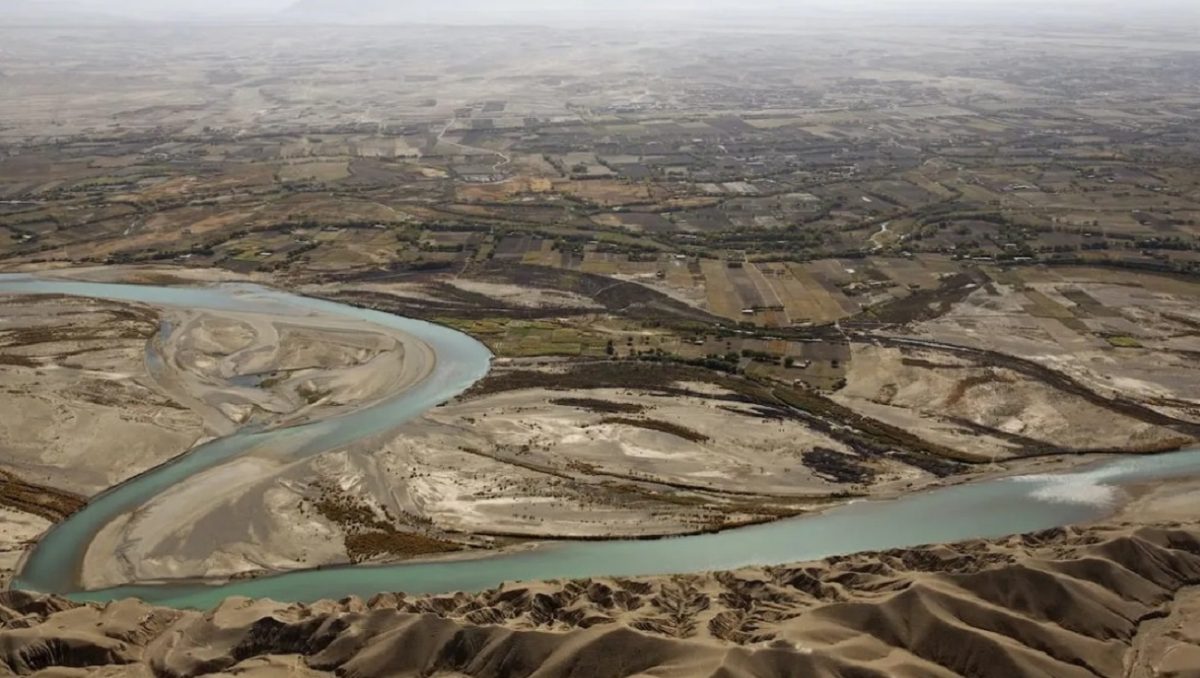Hassan Kazemi Qomi said following negotiations, the Afghan side released water from the Kamal Khan dam built over the border river, but most of the water strayed into the salt marshes of the neighboring country due to “mistakes” made by Afghan authorities.
The mistakes, he said, deprived not only the residents of Iran’s Sistan and Balouchestan Province but those living in Afghanistan’s western Zaranj Province of the much-needed water.
“Now, the water is not behind the Kamal Khan Dam, but behind the Kajaki Dam, which is about 500 kilometers away from our borders. However, we are negotiating with Kabul to implement the treaty,” the diplomat added.
Helmand has been at the center of a long-running political dispute between the two neighbors.
The river flows some 1,150 kilometers from the Hindu Kush mountains, west of Kabul, before reaching the Sistan wetlands in southwestern Afghanistan and eastern Iran.
Iran has long been complaining that Afghanistan has failed to release enough water from Kamal Khan Dam to comply with terms of the 1973 treaty.
Based on the treaty, Iran is entitled to more than 800 million cubic meters of water from the river annually.
